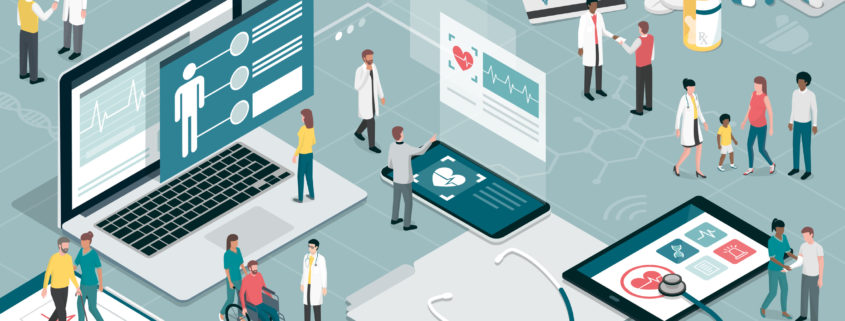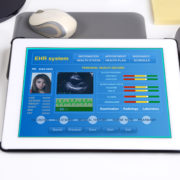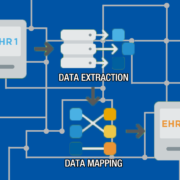Popping the Hood: An In-Depth Look at EHR Goals and Capabilities
When you’re looking at EHR systems, it’s easy to get bogged down in the broad strokes of the programs, making it difficult to tell which one is the best option for your practice. It’s not until after you’ve signed the paperwork and gotten underway with the new program that you can realize the true potential and possible issues in the system. Here’s a solid look at some aspects of EHR goals and capabilities that you can consider before you buy.
General-Use EHR Versus Specialty EHR
An EHR is an EHR is an EHR, right? Not necessarily. A general practice EHR will have a wide range of options available, but may not have the best performance possible in some specialties. If you focus on a specific area of medicine, a specialty EHR focused on your particular area may be a better fit. Specialty EHR systems can include options such as one-click treatment plans for common conditions for your practice, integration with common practice management systems, patient portals and a range of similar tools.
Problem List Usage to Improve Outcomes
By standardizing the use of problem lists, you can improve patient outcomes. It’s estimated that chronic medical conditions are left off of problem lists 30-50% of the time, creating opportunities for errors and omissions to occur, endangering patient health. Before you pick up a new EHR system, take the time to check how an EHR system’s problem list works, get a grasp of how it interacts with the rest of the system and where it works best to ensure important patient information is available to all healthcare providers who have contact with that system.
EHR Analytics to ID Genetic Diseases
Big data and analytics are a hot topic today. But did you know that using analytics with EHR systems can help identify genetic diseases? A recent advance by Vanderbilt University Medical Center is being used to determine overall rates of genetic disease that had previously been believed to be much rarer. This opens up the door to a wide range of possibilities where serious issues that haven’t been linked to any specific disorder can be tied to undiagnosed genetic condition by the use of a simple genetic test. Patients who are at the very early stages of these health concerns can be quickly diagnosed with that genetic condition and receive early care. At the same time, those who choose to have genetic testing done prior to the onset of symptoms, allowing them to take preventative action and avoid the health problems altogether.
Connectivity Versus Comprehensiveness
Generally speaking, connectivity and comprehensiveness tend to fall on opposite ends of the spectrum for EHR systems. One one end, you have a system that works well with a wide range of other systems, allowing you to interconnect and automate your own selection of apps and programs that best meet your needs. On the other end, comprehensive systems are all built to be interconnected by a single company, providing a seamless transition between systems, but more limited selection of options.
By considering the in-depth capabilities and what your practice’s overall goals should be for your EHR system, you can ensure that the system you go with will meet your needs. At Exscribe, our only business is focusing on creating the best possible EHR system for your needs, helping you focus on what matters most – your patients. Request a demo today to see what a difference our orthopedic EHR program can make in your practice.











